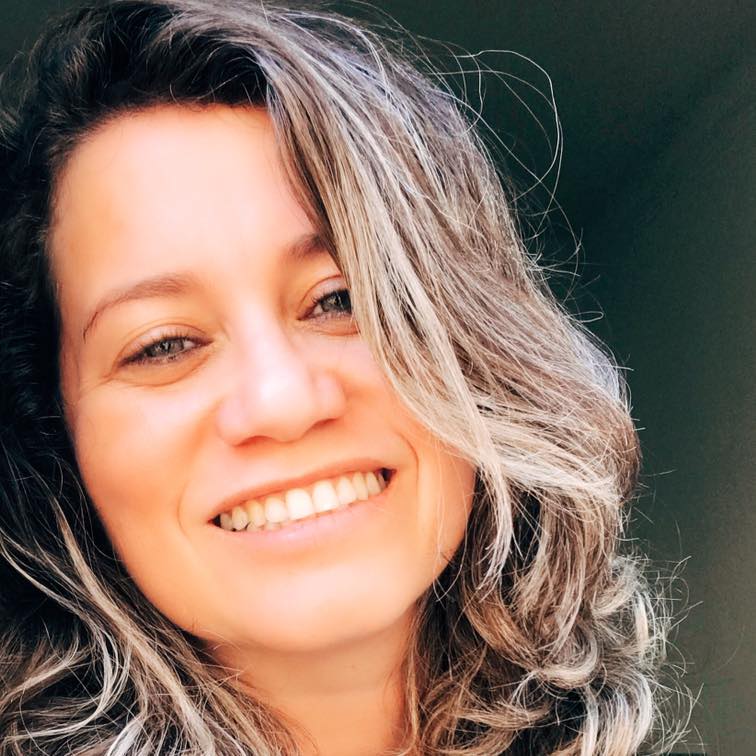| CANAL CES |
| PODCAST |
| TEMAS |
| PESSOAS |
|
Interview by: Rita Santos and Ana Cristina Pereira Este podcast faz parte da série de 28 podcasts realizados sobre o caso português e italiano no âmbito do projeto de investigação de 36 meses (2018-2021) (De)Othering: Desconstruindo o Risco e a Alteridade: guiões hegemónicos e contra-narrativas sobre migrantes/refugiados e “Outros internos” nas paisagens mediáticas em Portugal e na Europa, que pretendeu analisar criticamente representações mediáticas de migrantes, refugiados e “outros internos” em Portugal e na Europa, mapeando as suas interconexões com narrativas produzidas no domínio da segurança e no quadro da Guerra ao Terrorismo. O seu foco, uma análise de Portugal à luz de estudos de caso europeus profundamente afetados por ameaças terroristas (Reino Unido e França) e por fluxos migratórios/de refugiados (Itália e Alemanha), pretende investigar a construção de narrativas transnacionais de risco que permeiam a Europa independentemente da sua exposição “diferenciada”. O projeto foi financiado pelo pelo FEDER – Fundo Europeu de Desenvolvimento Regional através do COMPETE 2020 – Programa Operacional Competitividade e Internacionalização (POCI) e por fundos nacionais através da FCT – Fundação para a Ciência e a Tecnologia (Referencia Projeto: POCI-01-0145-FEDER-029997) ----- English Version This podcast is part of a series of 28 podcasts produced on the Portuguese and the Italian cases as outputs of the research undertaken in the 36 months project (2018-2021) (De)Othering: Deconstructing Risk and Otherness: hegemonic scripts and counter-narratives on migrants/refugees and ‘internal Others’ in Portuguese and European mediascapes that sets out to critically examine media representations on migrants, refugees and ‘internal Others’ in Portugal and across Europe while mapping out their interconnections with particular narratives in the field of security and within the War on Terror. Its focus – an analysis of Portugal in the light of other European cases affected by terrorist threats (United Kingdom and France) and by migrant/refugee flows (Italy and Germany) – aims to explore the construction of transnational narratives of risk pervading Europe regardless of the ‘differential’ exposure to them. The project was funded by FEDER – European Regional Development Fund through the COMPETE 2020 – Operational Programme for Competitiveness and Internationalisation (POCI), and by Portuguese funds through FCT in the framework of the project 029997 (Reference: POCI-01-0145-FEDER-029997).
As director of Casa do Brasil de Lisboa, she has close proximity to migration issues and how the public discourse is key to create an imaginary of the Other. Since 2015, she realized how representation of Brazilians by the media has changed, as if the new rich immigrants that came now are good, not that working mass that would supposedly come to steal the jobs of the Portuguese. With that, there is an underrepresentation of Brazilian experiences, as workers and students who live in precarious situations do not appear in magazines and newspapers to document about the difficulties they face in their everyday lives. In addition, there is this idea that the migrant is not a person with the capacity for reflection and that could occupy prominent spaces in other areas. When it comes to the immigration of Brazilian women, there are even more issues that are intertwined with this. Often, they are hypersexualized, combined with an idea that Brazilian women come to steal men from Portuguese women, these notions reiterate a sexist, xenophobic and racist perspective. Concerning media coverage, she highlights the importance of journalists who seek to involve more people in the construction of narratives in order to create a more credible representation of issues. pessoas
ligações
|





 Cyntia de Paula is the director of the association Casa do Brasil de Lisboa and a community psychologist. She also is a member of the Advisory Board of (De)Othering. During this episode, she discusses the construction of the discourse of the Other as the enemy with an image of complete dehumanization. Cyntia argues that even though some of these questions - racism and migration crisis - were already part of our society, Covid-19 has intensified this idea of first and second-class people. She notes how right and the far-right movements take advantage of these narratives to reinforce discriminatory language.
Cyntia de Paula is the director of the association Casa do Brasil de Lisboa and a community psychologist. She also is a member of the Advisory Board of (De)Othering. During this episode, she discusses the construction of the discourse of the Other as the enemy with an image of complete dehumanization. Cyntia argues that even though some of these questions - racism and migration crisis - were already part of our society, Covid-19 has intensified this idea of first and second-class people. She notes how right and the far-right movements take advantage of these narratives to reinforce discriminatory language.